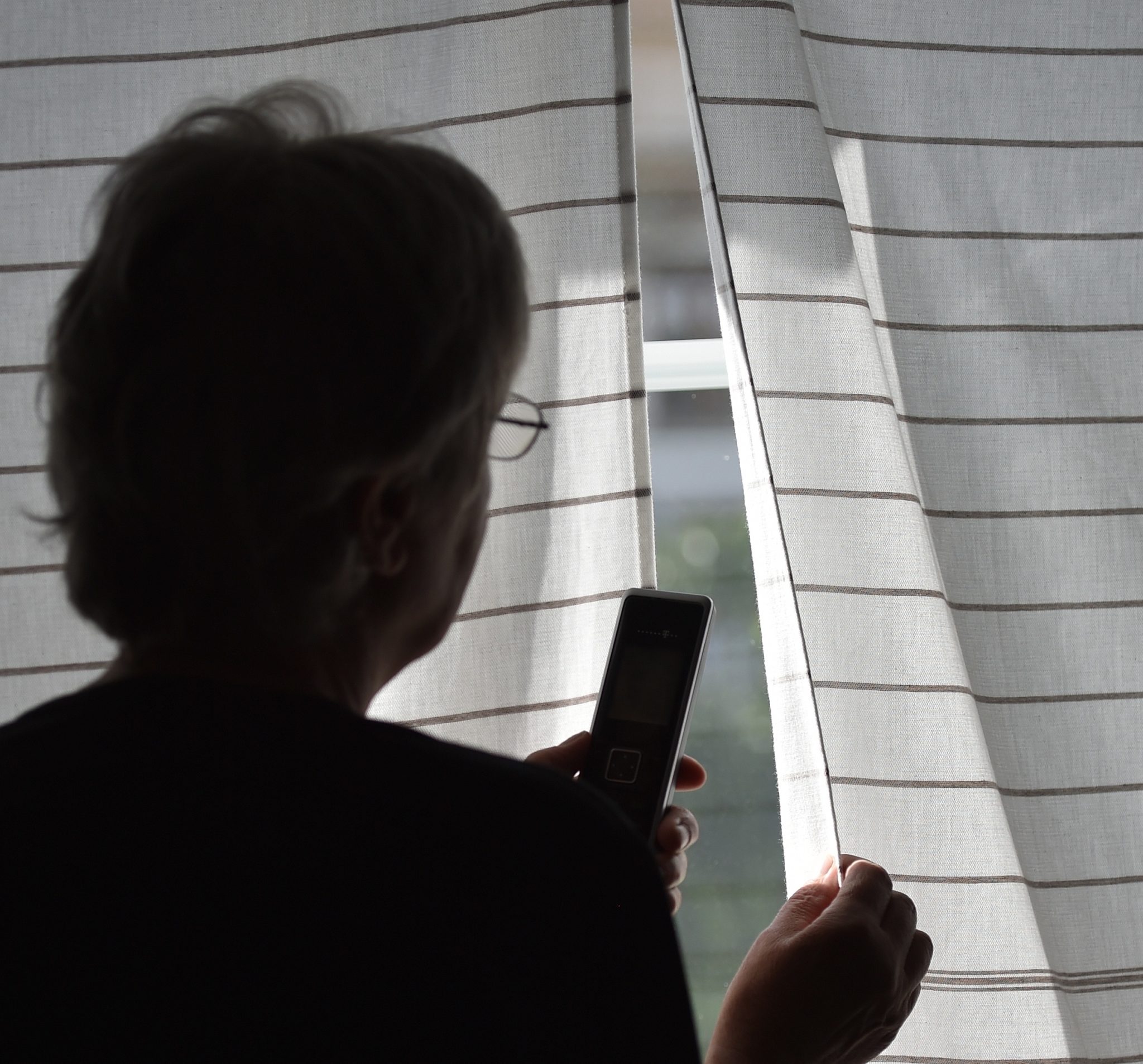With the changes in how people behave online, Newstalk Presenter Ciara Kelly feels she became “a lightning rod for people who wanted a woman to kick”.
Minister for Justice Helen McEntee announced over the summer the Criminal Justice Bill will be amended to make stalking a standalone offence.
Speaking to The Anton Savage Show, Ciara said she has never faced stalking in real life.
“Except for a few times where people have arrived in the office demanding to speak to me,” she said.
“That is not how you engage with people and it’s not a safe way to engage with people.”
Ciara said most of the harassment she has faced was online.
"When I first joined Twitter in 2013, for years I actually had a good experience online - I chatted to people, I had interesting conversations,” she said.
“As we came into 2018, 2019, it became colonised by a lot of anger and an attitudinal shift.
“They were bad actors... they were point scorers.”
'Women get it way more'
Being one of the few female opinion broadcasters, Ciara thinks this made her a particular target online.
“It was very aggressive and abusive,” she said.
“We know women get it way more in the neck than men... they can barely tolerate women having an opinion.
“I became a lightning rod for people who just wanted a woman online to kick.”
Eventually, Ciara chose to leave social media when she realised there was no point listening to anonymous figures online.
“If you start thinking about it, you can’t do the job you need to do,” she said.
Support services
Stalking Ireland Co-Founder Eve McDowell said the growth of technology has made it easier to stalk and harass people.
“It's really important we have support services that reflect those experiences,” she said.
She said she is “optimistic” about changes in legislation around stalking, but it needs to be matched with appropriate services.
“We need to see that societal change because that's here our information campaign and support services would come in,” she said.
“We can’t lose the fire with this now.”
 A woman holding a phone in front of a window. Picture by: Angelika Warmuth/DPA/PA Images
A woman holding a phone in front of a window. Picture by: Angelika Warmuth/DPA/PA ImagesMs McDowell said strong stalking legislation is particularly important as it’s unique from other forms of harassment.
“It's not one set of behaviour – it could be any behaviour and we’re looking for a pattern,” she said.
“Whether that’s sending someone flowers repeatedly, it’s not actual behaviour; it’s the pattern that’s there and the impact it’s having.”









